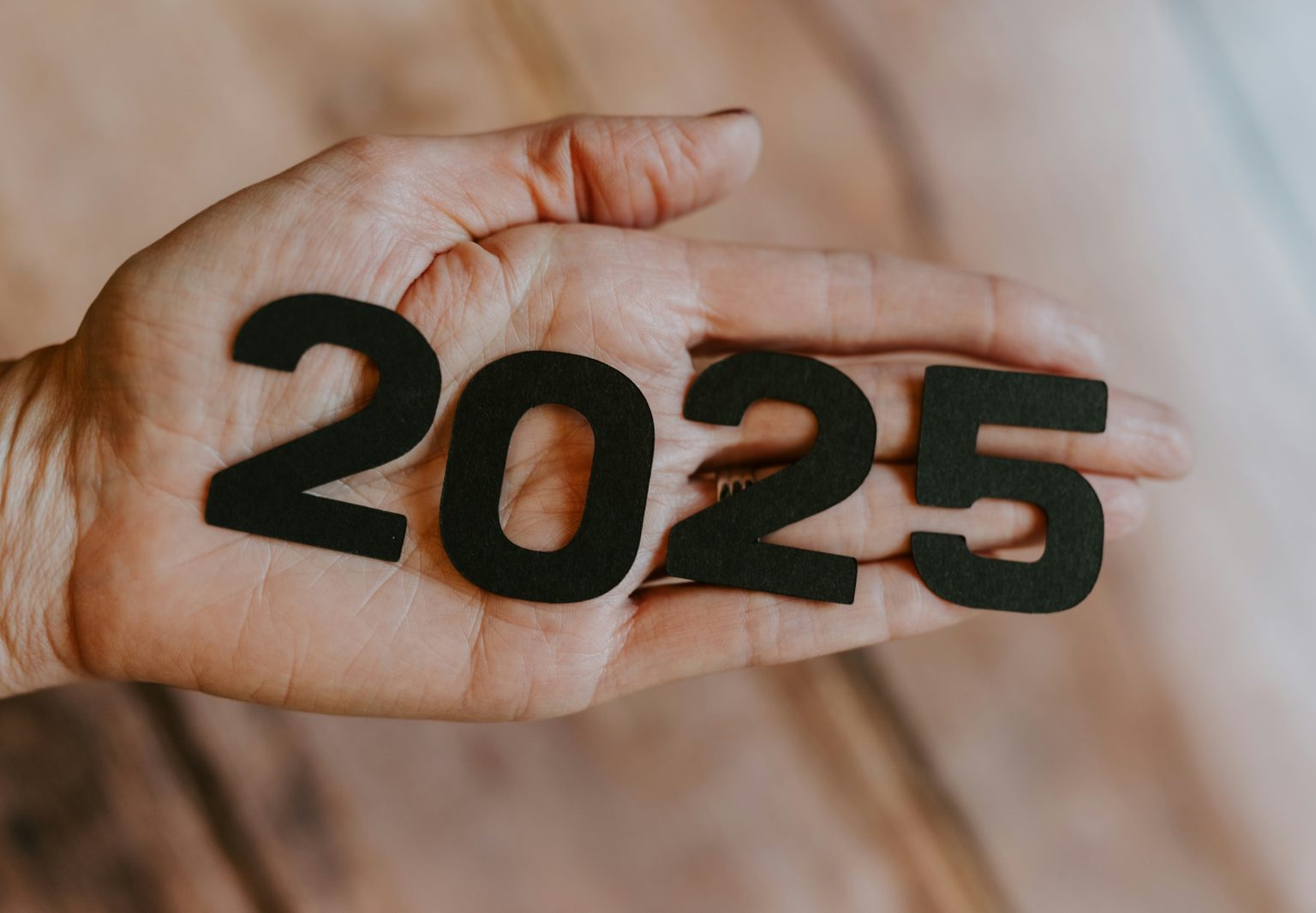A year ago, Artificial Intelligence was on everyone’s lips — its potential hyped beyond anything we have seen since the advent of social.
But as we step into 2025, the conversation is shifting. The initial frenzy has given way to pragmatism, and industry leaders focus on three defining themes: agentic AI, trust, and more robust privacy measures for users.
What will this next phase of AI innovation look like? From the maturation of business models to the emergence of trustworthy, privacy-conscious systems, experts across the field weigh in on the trends they believe will shape the year ahead.
Niklas Mortensen, Chief Design Officer, Europe at Designit
The post-hype reckoning
“A lot of companies have thrown effort and money at a technology that has yet to deliver substantial ROI for anyone other than the early investors in the so-called AI companies.
“2025 will see the business models for AI mature, meaning consultants and ‘AI unicorns’ need to bring their A-game to deliver on the promises of an AI-driven future.”
The return of embedded AI
“As incumbent tools and platforms gain momentum, incorporating smarter and better AI into their existing products, niche AI platforms need to hone their value propositions or risk being pushed into oblivion.
“While super-apps have long been the norm in Asia, no-interface super-platforms will take center stage in western countries.”
Will we finally get a taste of pAI?
“After years of hilarious/infuriating Siri and Alexa fails, personal AI assistants will finally start living up to their promises and become useful.
“Imagine your personal AI assistant organising your work and family calendar, proactively telling your partner to pick up the kids from soccer practice, and declining and proposing an alternative time for that not-so-important-important meeting your boss tries to schedule during your kid’s recital.
“Unfortunately, we won’t reach that utopia in 2025, but we’ll see promising glimpses of what’s to come for sure.”
From mindless automatisation to intentional friction
“With so many examples of algorithmic bias leading to unwanted outputs – and humans being, well humans – behavioural psychology will catch up to the AI train and we will start seeing more experimentation around the jagged edges of AI.
“That means exploring the delicate relationship between AI automation and human intervention to find the optimal balance for any number of use cases from driver-car handovers to healthcare diagnostics and business-critical operations. For example, companies can create intentional ‘pause moments’ in their processes for human oversight to adopt customizable levels of AI intervention.”
Trusting invisibility
“With the political instability, geopolitical unrest and technological Wild West not looking to slow down in 2025, trustworthy AI will take centre stage, combating mis- and disinformation. It won’t stop angry old men from spewing out garbage, but hopefully, trustworthy AI will contribute to making the bandwagon a bit smaller.
“Companies will wrangle with how trustworthiness can be operationalized through certification standards, transparency mandates, or technical features like explainability. Regulations like Europe’s AI Act and California’s AB2655 (Defending Democracy from Deepfake Deception) will drive companies towards compliance.”
Brian Browning, VP of Enterprise Solutions, Apply Digital
“2025 could see autonomous, ‘agentic’ AI-driven digital assistants hit the popular consciousness. All the necessary technology already exists to make it happen — interoperable AI, advanced algorithms, and the infrastructure for data exchange — it just needs someone to bring it all together.
“Who that might be is an open question. It could be a tech giant embedding this into their ecosystem as a significant differentiator or an AI start-up… Either way, the impact would be truly transformative.”
Dom Sevlon, CTO, Apply Digital
New AI privacy standards will emerge
“Robust privacy measures will become paramount in light of the proliferation of AI and data-driven personalisation. It’s likely we will see new standards or frameworks designed specifically to ensure compliance and transparency in composable computing environments, which will work in support of the recent AI acts in the EU and USA.”



